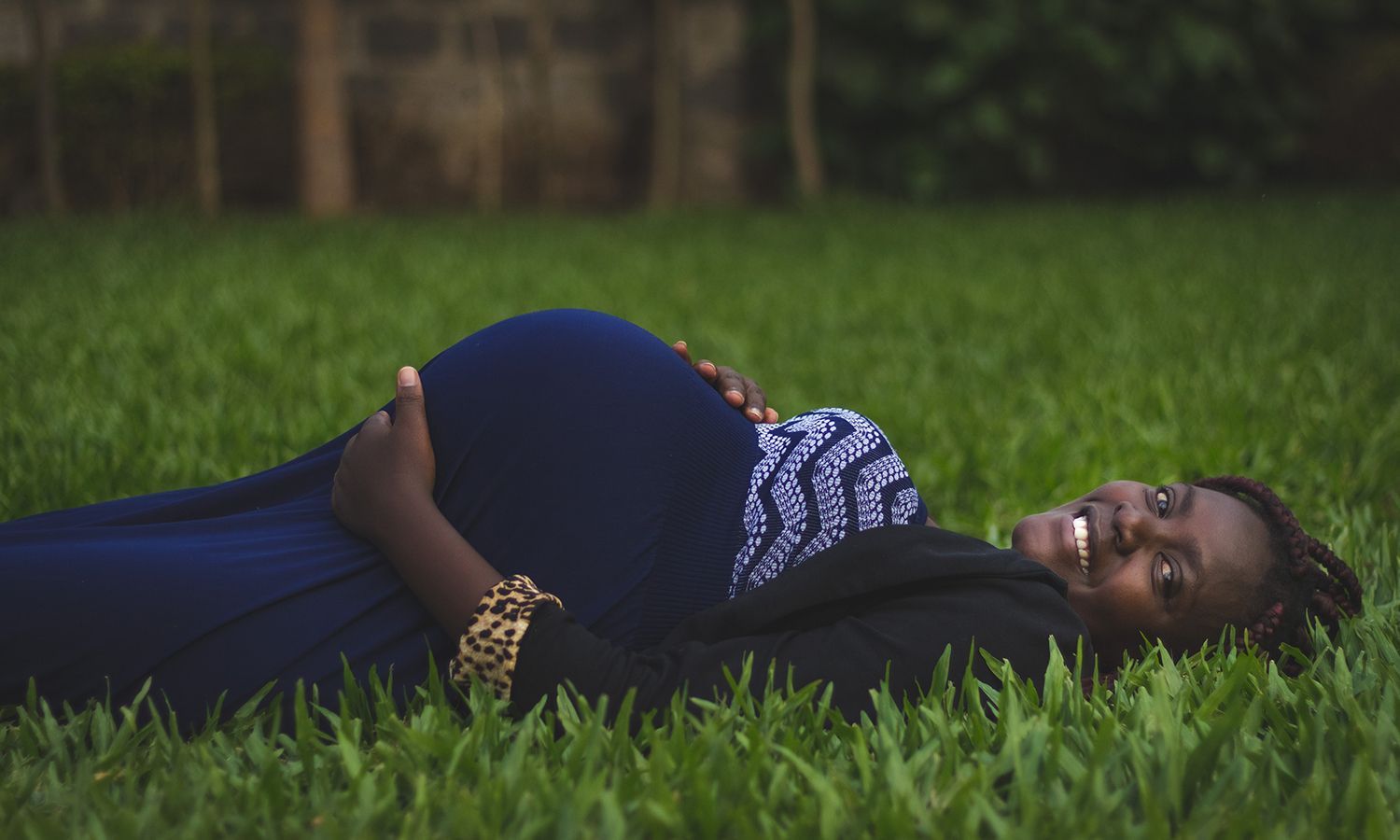
For expecting parents, there’s nothing quite like the anticipation of bringing new life into the world. However, the COVID-19 pandemic has caused additional concerns for women who are pregnant, have recently delivered a baby, or are breast-feeding.
While there’s a lot of information out there, it’s important that you understand how to determine fact from myth when it comes to your health and how COVID-19 may affect your pregnancy and post-birth plans.
Pregnancy and risk
Based on what we know at this time, there are no studies that indicate pregnant women are at greater risk for getting infected with the COVID-19 virus. However, according to the CDC, pregnant women with symptoms are at greater risk for severe illness from COVID-19 than people who are not pregnant. That includes a higher risk of needing intensive care, a ventilator, or a heart-lung bypass machine.
Symptoms of COVID-19 can range from mild to severe and include:
- Fever
- Cough
- Shortness of breath
- Fatigue
- Muscle or body aches
- Headache
- Chills
- Loss of taste or smell
- Sore throat
- Congestion or runny nose
- Nausea/vomiting
- Diarrhea
COVID-19 also can lead to more severe illnesses, like pneumonia.
The CDC says symptomatic pregnant women with COVID-19 are at greater risk for adverse pregnancy outcomes like preterm birth.
Pregnant women with other health conditions like obesity and diabetes may be at even greater risk. Black and Hispanic women who are pregnant also appear to have a higher risk of COVID-19 infection and death. Asian and Native Hawaiian/Pacific Island women who are pregnant have a higher risk of ICU admission.
For those reasons, all pregnant women should take precautions against COVID-19:
- Avoid contact with people who have COVID-19 or who might have been exposed to it. This includes members of your own household.
- Wear a facemask in public and when around people who aren’t from your household.
- Avoid people who are not wearing a mask or ask them to wear a mask when near you.
- Maintain social distancing of at least 6 feet from people who are not members of your household.
- Practice good hand hygiene.
Is the vaccine safe during pregnancy?
The American College of Obstetricians and Gynecologists (ACOG) says pregnant and lactating women who fall into groups of people recommended for vaccine distribution should be able to get COVID-19 vaccines if they choose to.
There are clear benefits to immunizing pregnant women. With the current vaccines offering up to 95% protection, there is no reason to believe pregnant adults would not have similarly high efficacy in use. To make sure you can make an informed decision based on your personal health, women are encouraged to discuss the vaccine with their health care provider before getting the vaccine.
Continue your OB care
It is important for pregnant women to receive routine care and observe all OB/GYN visits despite the pandemic. Your provider will work with you to make sure you can safely get the care you need.
Do not skip your scheduled visits as these are crucial opportunities for your provider to monitor your health and the growth and development of the baby, discuss your care and concerns, and get necessary vaccinations like the flu and whooping cough vaccines.
Pregnancy is exciting, beautiful and scary, but know you’re not in it alone.
Dr. Angela Huggler is an OB/GYN with UPMC. She sees patients at SH OB/GYN, 740 High St., Suite 1004, Williamsport. For more information, visit UPMCSusquehanna.org.



